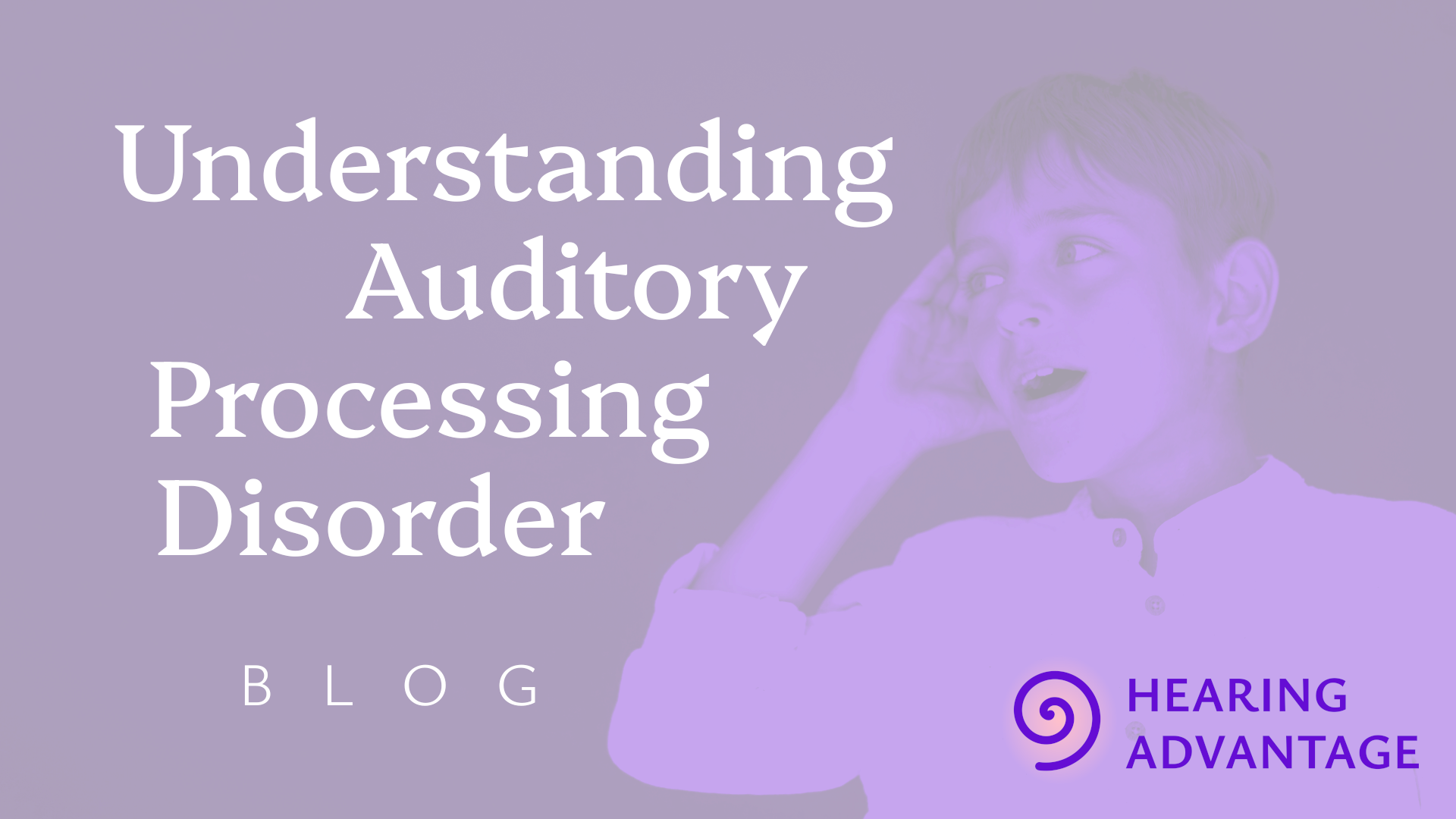Auditory Processing Disorder (APD) can make it hard for people to understand sounds and spoken language. It might sound like a simple problem, but for those with APD, everyday tasks like following directions or participating in conversations can be very challenging. Thankfully, there are effective treatments available, and many individuals have experienced success in overcoming their struggles. Let’s explore some of these inspiring stories of different age groups who faced APD and how they found their way to recovery.
The Story of Little Emma
Emma is a lively 7-year-old girl who loves playing with her friends. However, her teachers noticed that she had a tough time keeping up in class. Emma often asked “what?” during lessons, and her parents realized she was struggling to follow instructions. After a visit to a speech and hearing specialist, she was diagnosed with APD.
To help Emma, her treatment plan included auditory training exercises. These activities were play-based and designed to improve her listening skills. She practiced distinguishing between similar sounds and understanding spoken words in noisy environments. Emma had therapy sessions twice a week for about six months.
After her treatment, Emma’s confidence grew tremendously. She began to participate more in class and was even able to follow complex instructions during group activities. Her teacher remarked how much better she was doing, and her parents were delighted to see their little girl thriving.
The Journey of Max the Pre-Teen
Max, a 12-year-old, had always been a bit of a jokester, but when it came to school, he was struggling. Although he had a lot of friends, he often misinterpreted jokes and missed out on classroom discussions. After his mom noticed he was falling behind in reading and comprehension, she took Max to an audiologist to get tested for APD.
The results showed that Max had difficulties with auditory discrimination and comprehension. His treatment involved speech therapy sessions that focused on enhancing his listening and processing capabilities. Over the next nine months, Max worked diligently with his therapist, participating in structured games and exercises that improved his listening skills.
As Max progressed, he started to enjoy his classes more, and his grades began to rise. He told his mom one day, “I finally get what the teacher is saying!” This improvement not only boosted his academic performance but also helped him connect better with his friends, making his daily interactions more enjoyable.
Facing Challenges: A Teenager’s Story
Jessica, a 16-year-old high school student, was bright but faced major hurdles in her learning due to APD. Despite her efforts, she often felt frustrated when trying to understand lectures or follow group conversations. After countless struggles, her parents encouraged her to seek help, and she was diagnosed with APD after a complete evaluation.
Jessica’s treatment involved a combination of auditory processing therapy and the use of tools such as note-taking apps that assist with listening and understanding during lessons. She also attended weekly support sessions with a therapist for about a year, where she could practice her skills and receive emotional support.
With time, Jessica saw significant improvements. Her grades improved, and she felt more comfortable participating in class. Her newfound confidence led her to join the debate team, something she had always wanted to do but felt too overwhelmed to try before. Jessica’s story shows how perseverance and the right support can lead to success.
A New Chapter: The Adult Experience
Finally, let’s meet Sarah, a 35-year-old professional who was diagnosed with APD after struggling in her workplace. She often found it challenging to follow conference calls and felt like she was missing out on essential information. After sharing her difficulties with her doctor, she underwent an assessment and received her APD diagnosis.
Sarah’s approach to treatment was different from the younger individuals. She engaged in cognitive therapies focusing on enhancing her auditory processing skills and learning coping strategies for her work environment. Her therapist provided her with techniques to improve listening skills, and she practiced mindfulness to reduce stress during meetings. Over eight months, Sarah noticed a remarkable decrease in her anxiety and an improved ability to understand conversations at work.
Today, Sarah confidently leads meetings and effectively communicates with her colleagues, demonstrating that it’s never too late to seek help and improve.
Conclusion
These success stories highlight just how powerful the right treatment can be for individuals with Auditory Processing Disorder, regardless of age. Early diagnosis and tailored strategies can lead to significant improvements in listening, learning, and overall quality of life. If you or someone you know is struggling with similar challenges, know that help is available, and recovery is absolutely possible!

